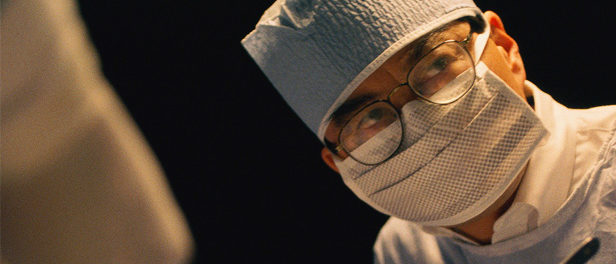Delaware Chapter of the American College of CardiologyOur purpose is to contribute to the prevention of cardiovascular diseases, to ensure optimal quality of care for individuals with such diseases, and to foster the highest professional ethical standards. Please let us know what information you want to see here. Feel free to contact us with your ideas, needs and comments. |
|
ACC Live Courses For a listing of all ACC Live Courses please visit: https://www.acc.org/education-and-meetings/meetings |
 Latest in Cardiology from ACC.org
Latest in Cardiology from ACC.org
- ACC Practice Made Perfect: Acing the Transition: How to Kickstart Your Research CareerIn this episode, Drs. Laura Onderko, Zain Asad, and Aditya Bjaradwaj delve into how fellows-in-training and early-career cardiologists can strategically build their research careers and assess whether academic medicine is the right fit.
- Oral Anticoagulation Therapy Decision-Making Toolkit For Patients With Atrial FibrillationOral anticoagulation (OAC) therapy is known to reduce the risk of stroke in patients with atrial fibrillation (AF) but is underutilized. Patients are often poorly informed of the risks and benefits of anticoagulants, leading to decision-making conflict.
- ACCEL Lite: Behind the 2025 ACC/AHA Acute Coronary Syndrome GuidelineIn this interview, Drs. Roxana Mehran and Sunil V. Rao take listeners “Behind the 2025 Acute Coronary Syndrome Guidelines.â€
- Guest Editorial | Delivering What Matters: ACC Clinical ContentThis year I've had the honor of picking up the mantle from Kim A. Eagle, MD, MACC, to serve as the ACC's clinical content editor-in-chief, charged with overseeing and coordinating non-CME clinical content developed for ACC.org and other member channels.
- Cover Story | Global Pulse Check: Understanding the State of the Health Care WorkforceAs health systems worldwide grapple with growing demands, workforce shortages and the increasing burden of noncommunicable diseases (NCDs), understanding the experiences and perspectives of frontline clinicians is more essential than ever.



